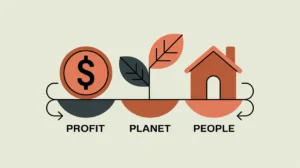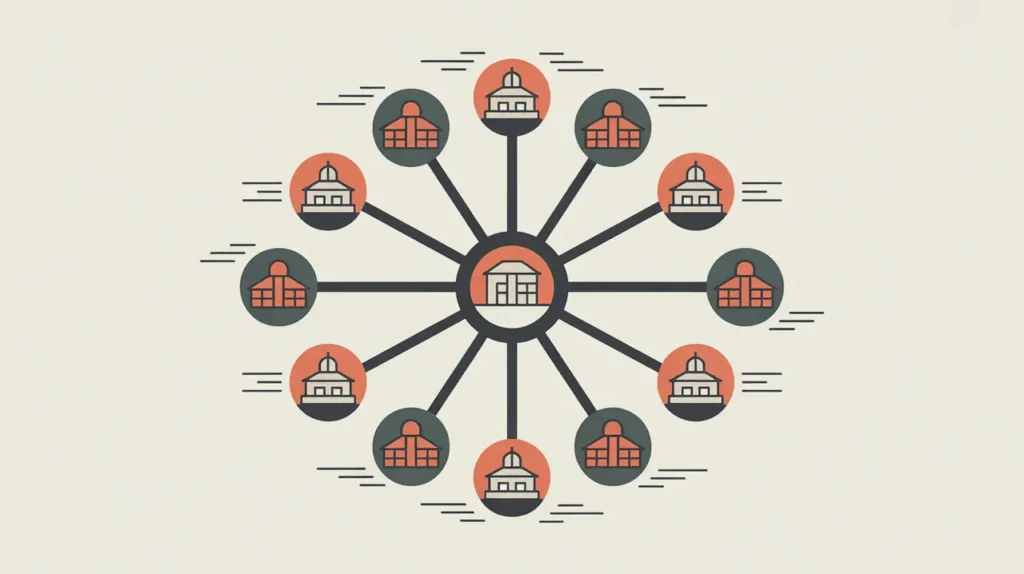Importance of Outsourced / Contracted Delivery
Outsourced or contracted delivery allows organizations to extend services by engaging external providers for specific functions or entire programs. It matters because not every organization has the expertise, infrastructure, or scale to deliver all components of an initiative directly. By leveraging external partners, development and social innovation actors can focus on their core strengths while ensuring specialized or large-scale tasks are carried out effectively.
Definition and Features
Outsourced or contracted delivery is a model in which organizations delegate service provision or operational functions to third-party providers under formal agreements. Its defining features include:
- Specialized Expertise – engages providers with technical or operational skills not available in-house.
- Contractual Clarity – defines roles, deliverables, and performance standards in formal agreements.
- Cost Efficiency – can reduce overhead by scaling services without expanding internal staff.
- Performance Management – relies on monitoring, evaluation, and accountability mechanisms.
- Flexibility – allows organizations to adapt quickly by contracting new partners as needs evolve.
How this Works in Practice
In practice, outsourced delivery might involve a government contracting NGOs to deliver community health programs, or an international donor hiring firms to manage large infrastructure projects. A nonprofit could contract technology providers to operate digital learning platforms. Challenges include ensuring quality control, avoiding dependency on contractors, and preventing conflicts of interest or profit-driven compromises on equity.
Implications for Social Innovation
Outsourced and contracted delivery contribute to social innovation by enabling organizations to access skills, systems, and scale beyond their own capacity. For practitioners, it allows more focus on design, oversight, and strategy rather than operational execution. For funders and policymakers, it offers a way to manage risk while drawing on diverse providers. Contracted delivery is a partnership mechanism. It can align external expertise with mission-driven goals to expand reach and improve effectiveness.







